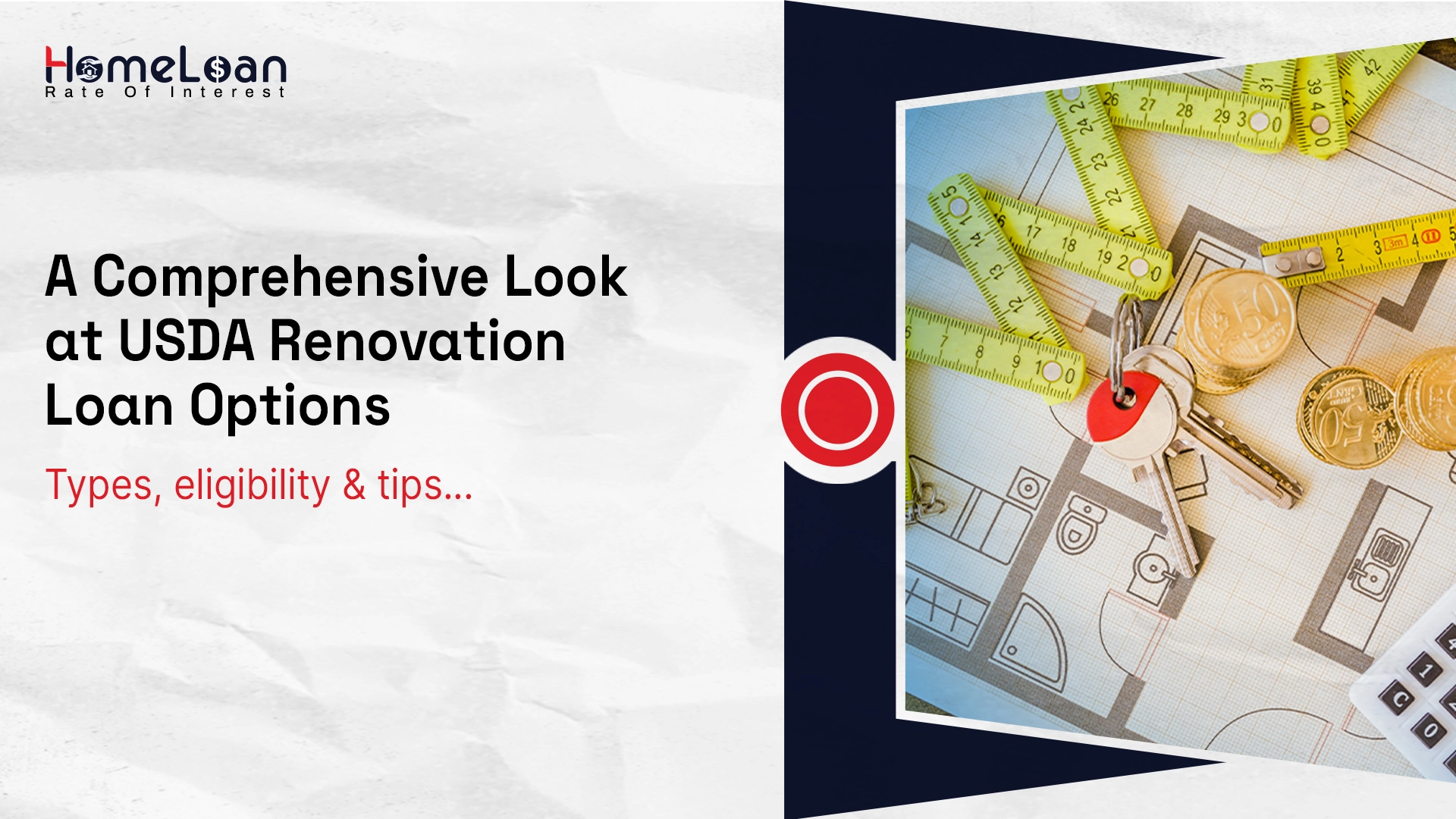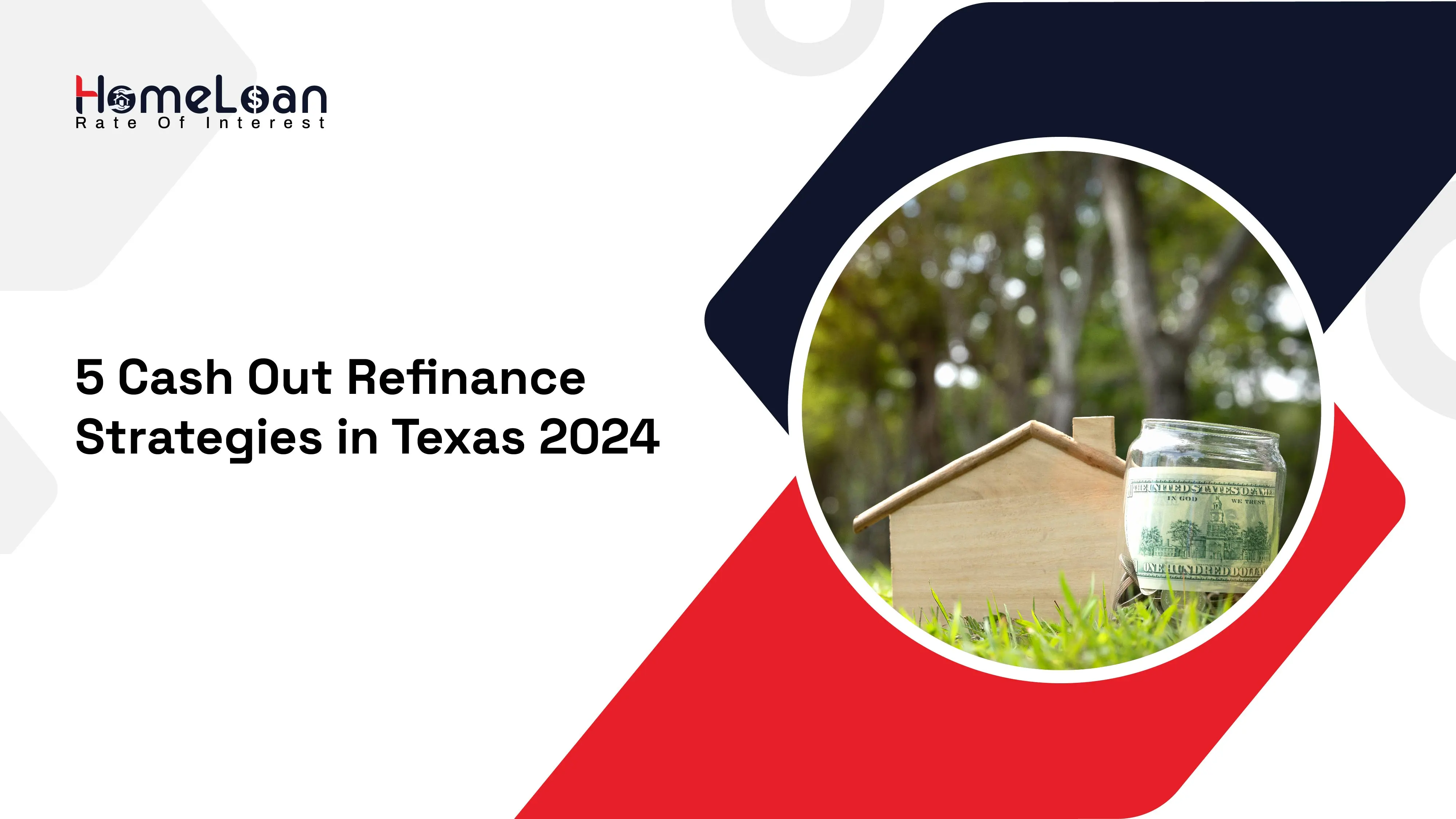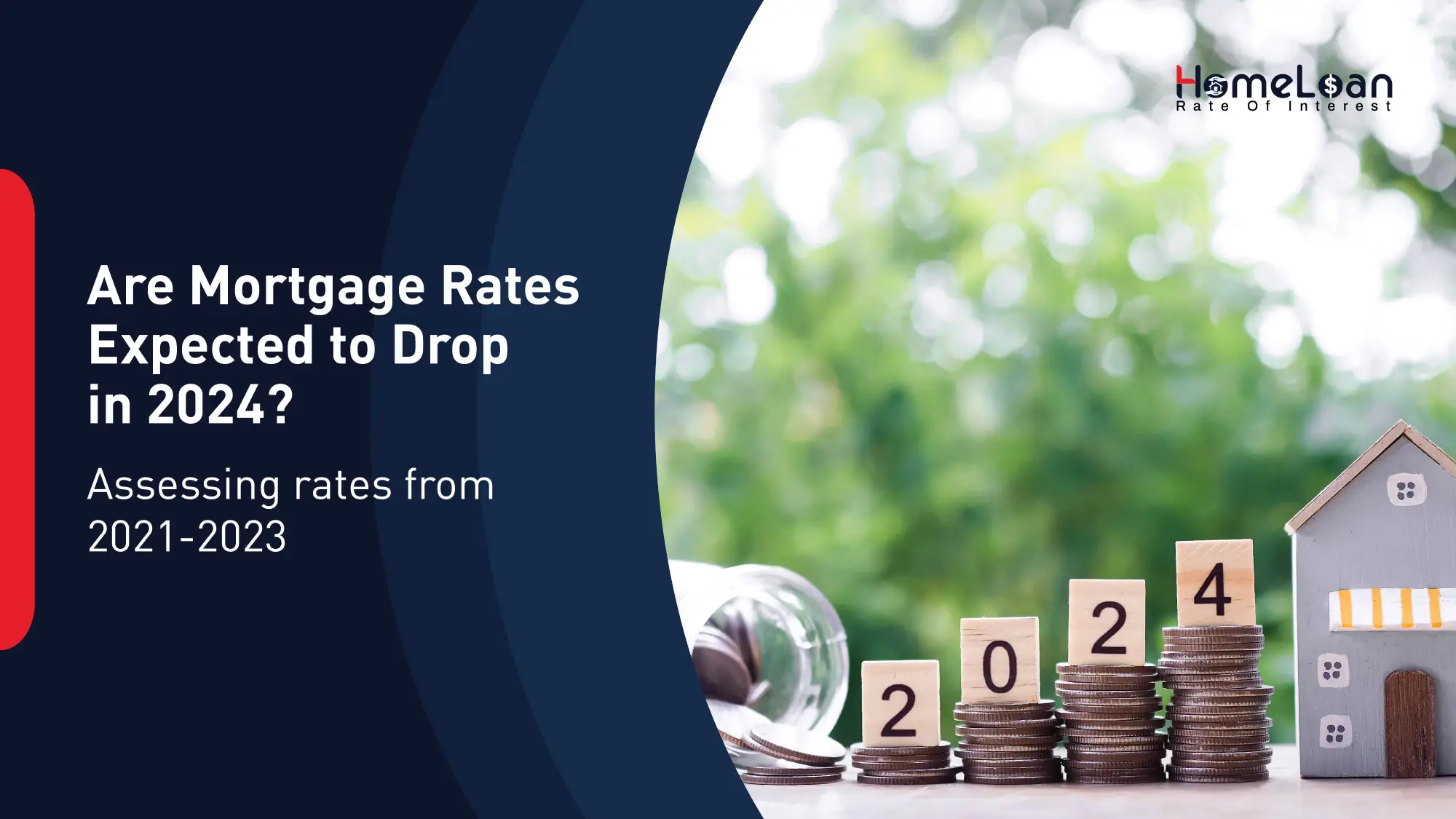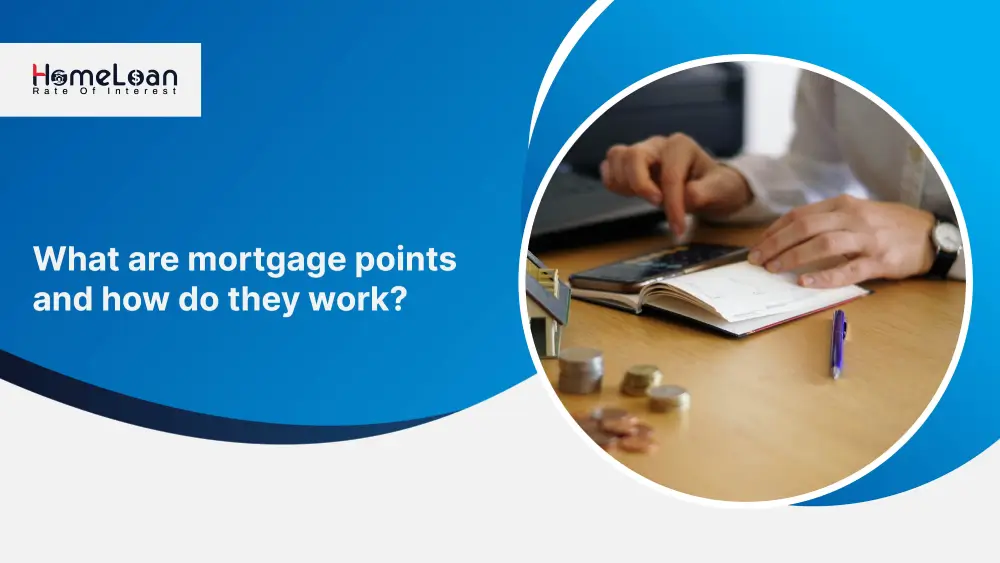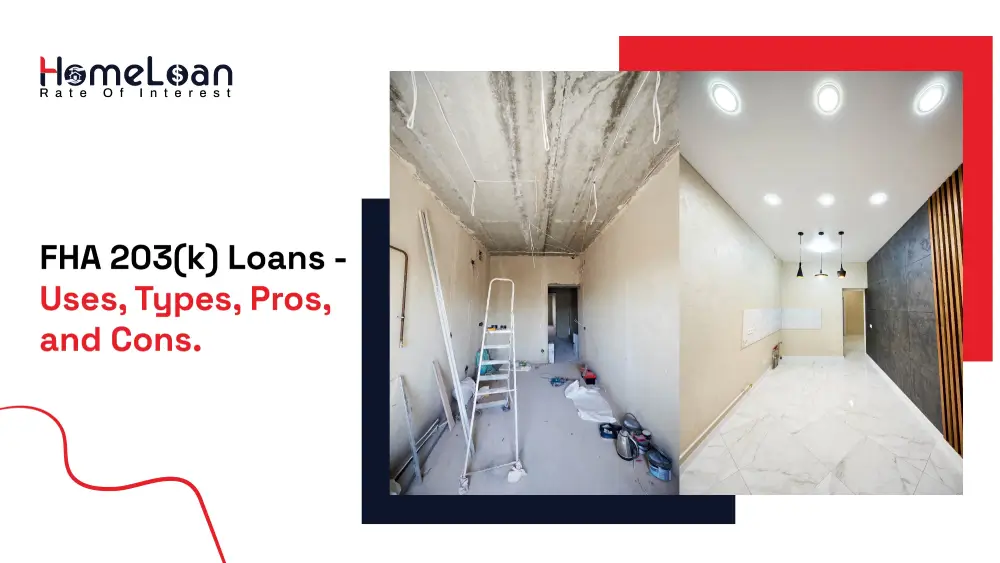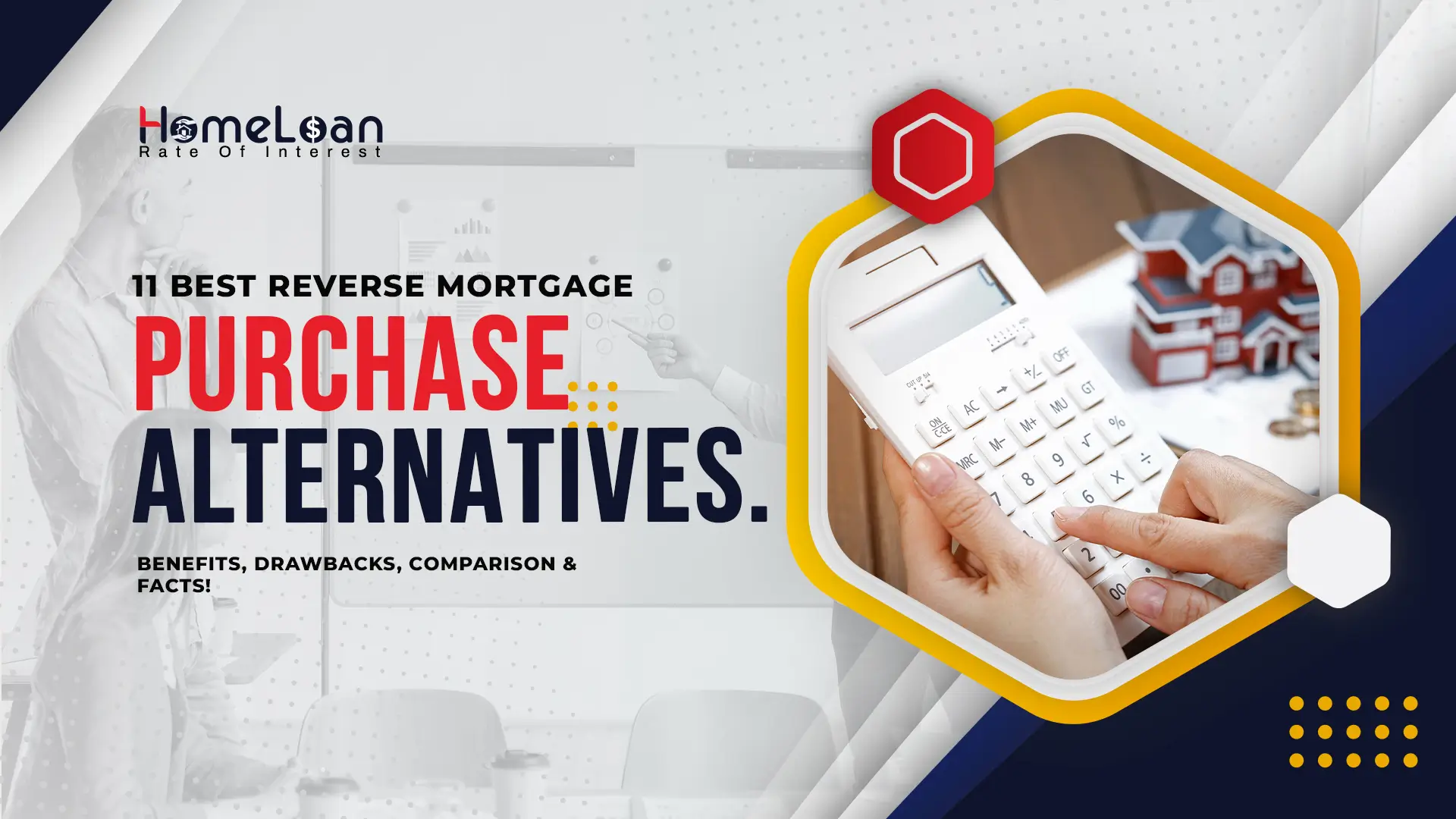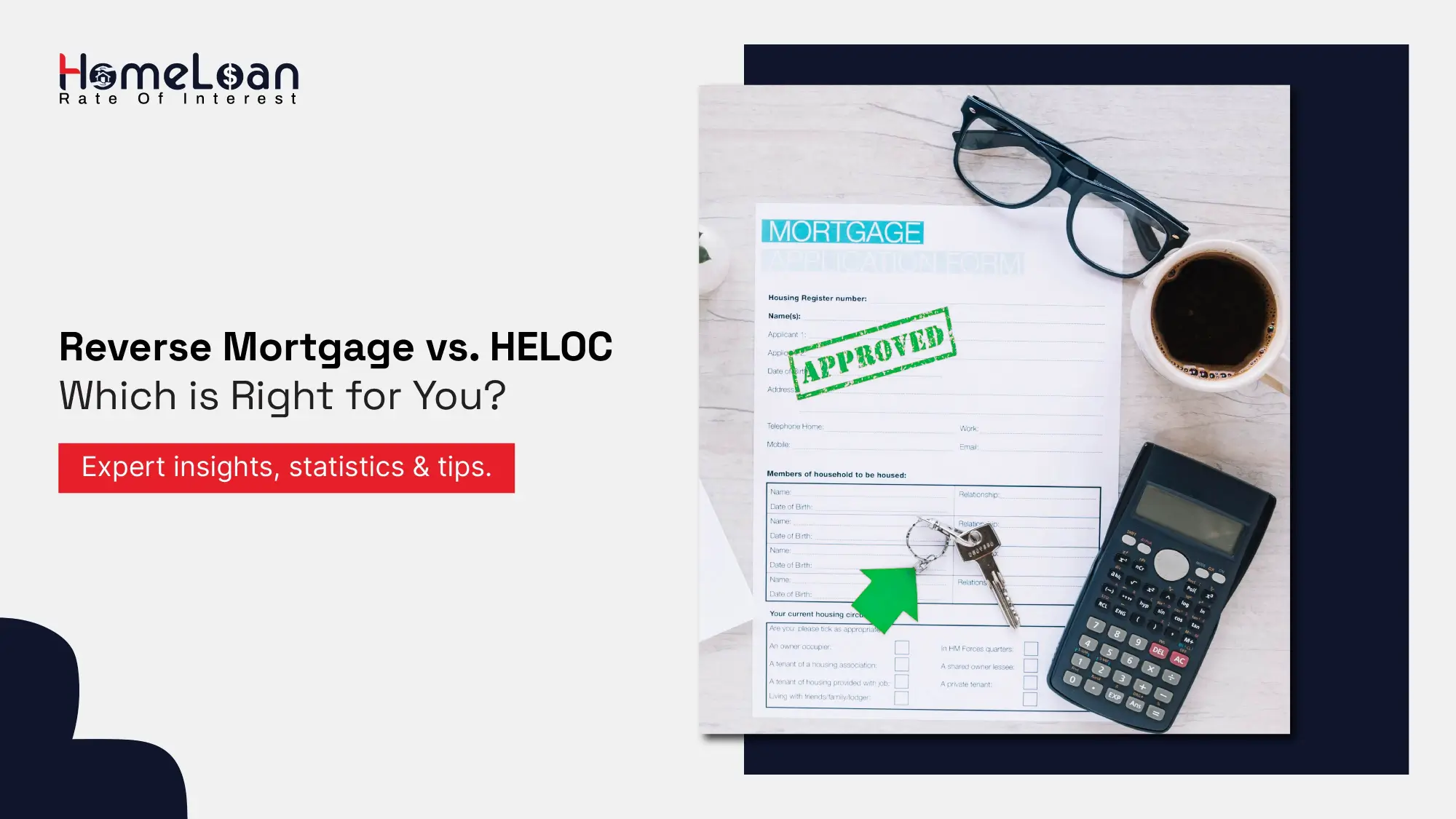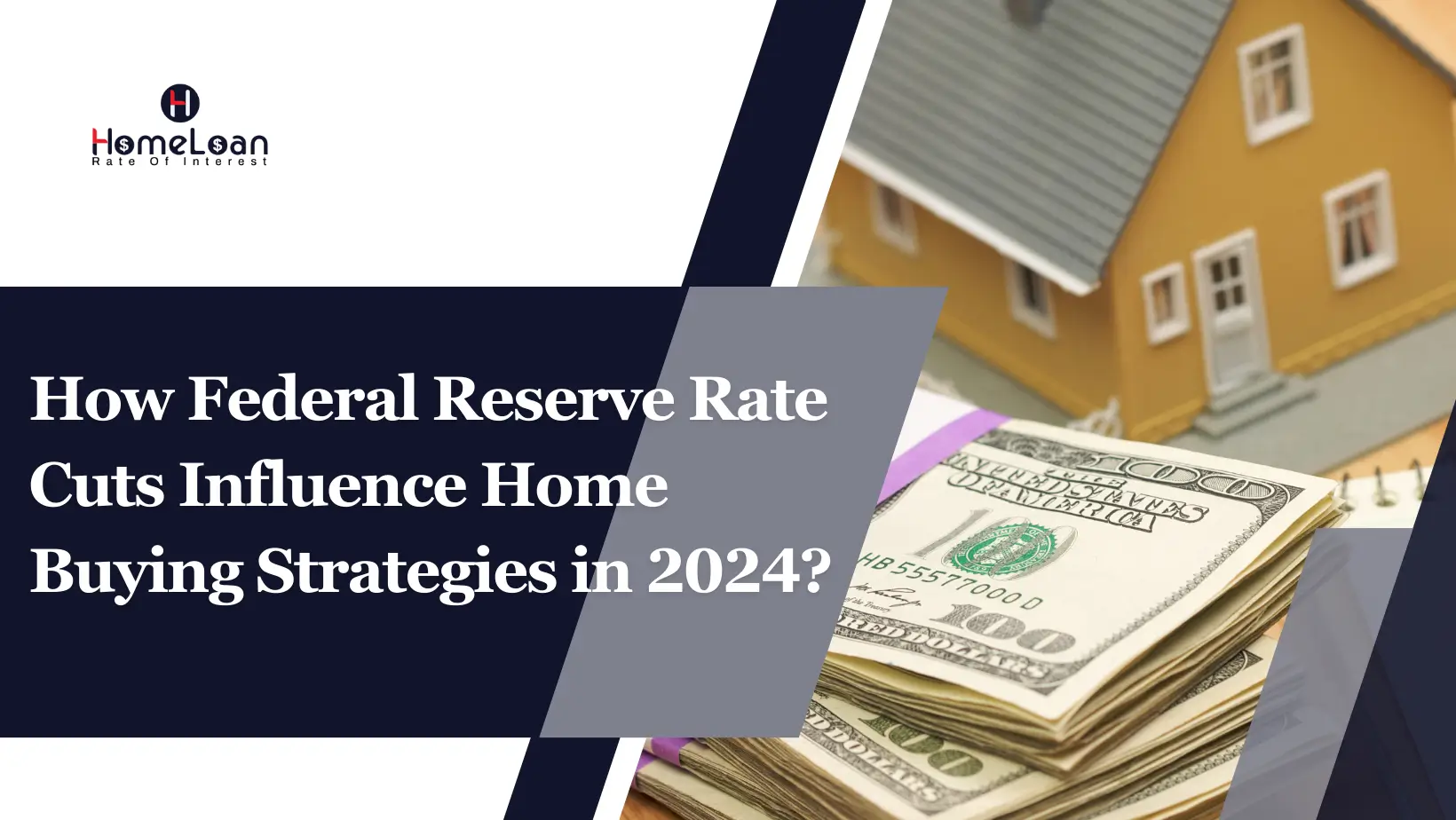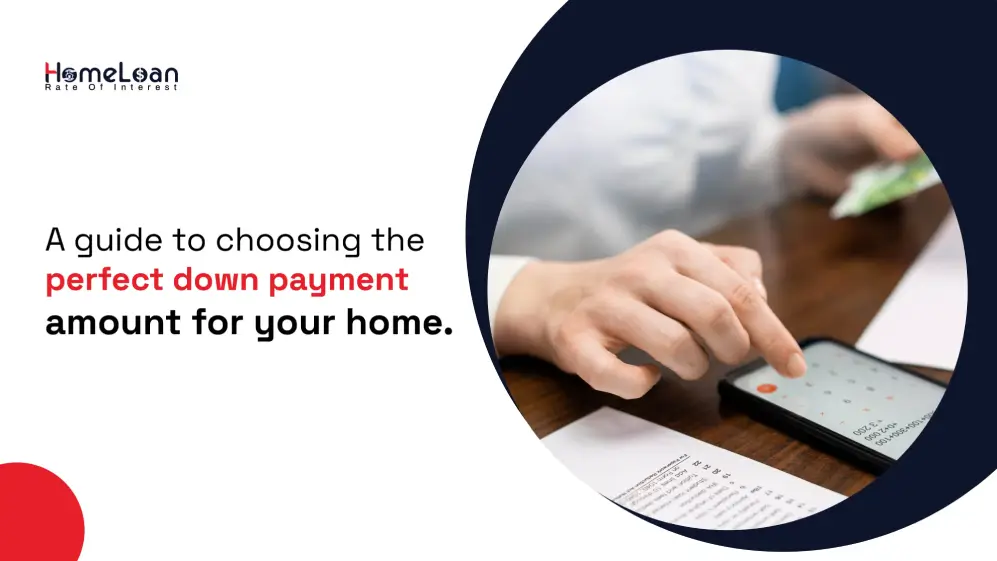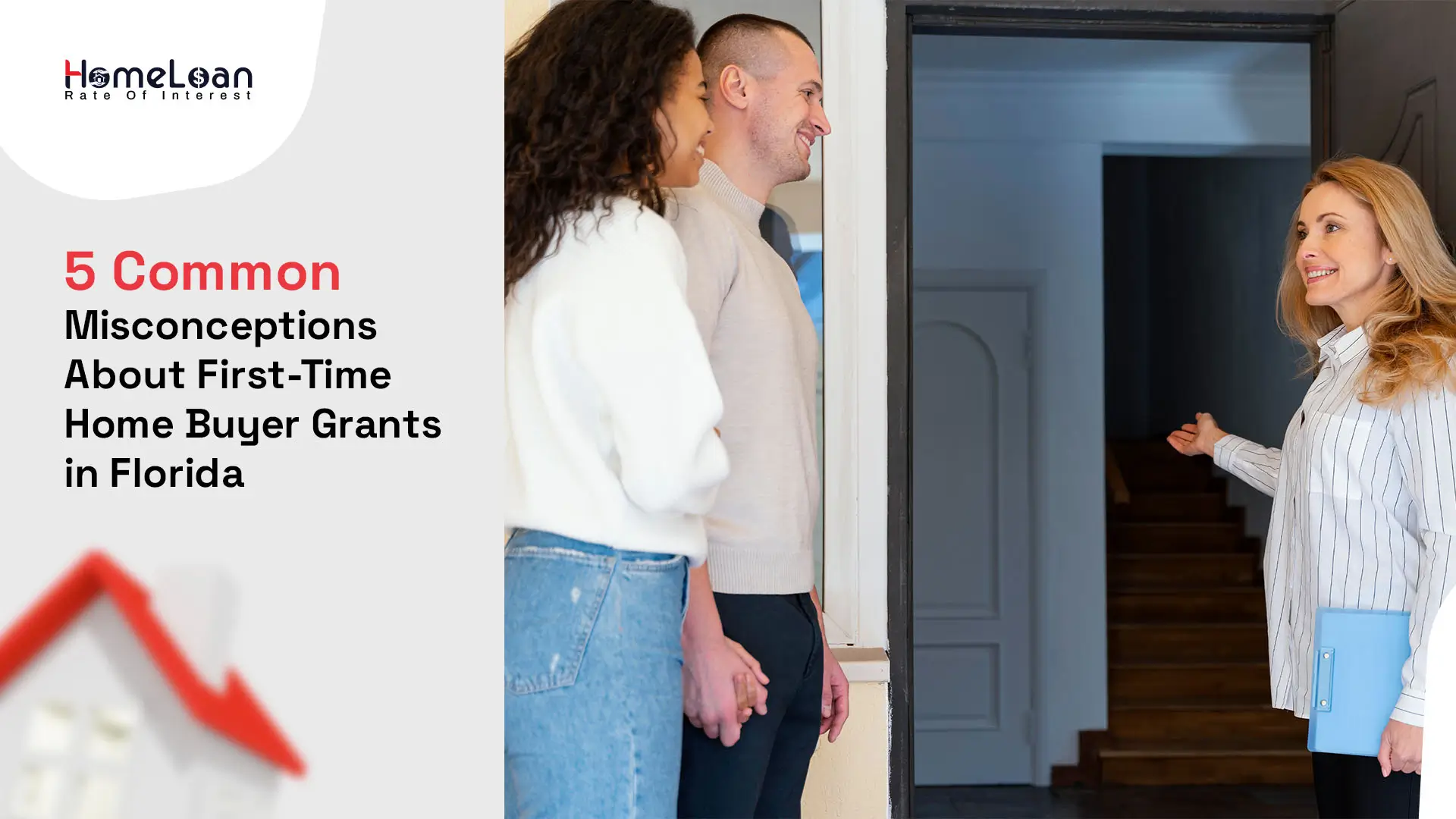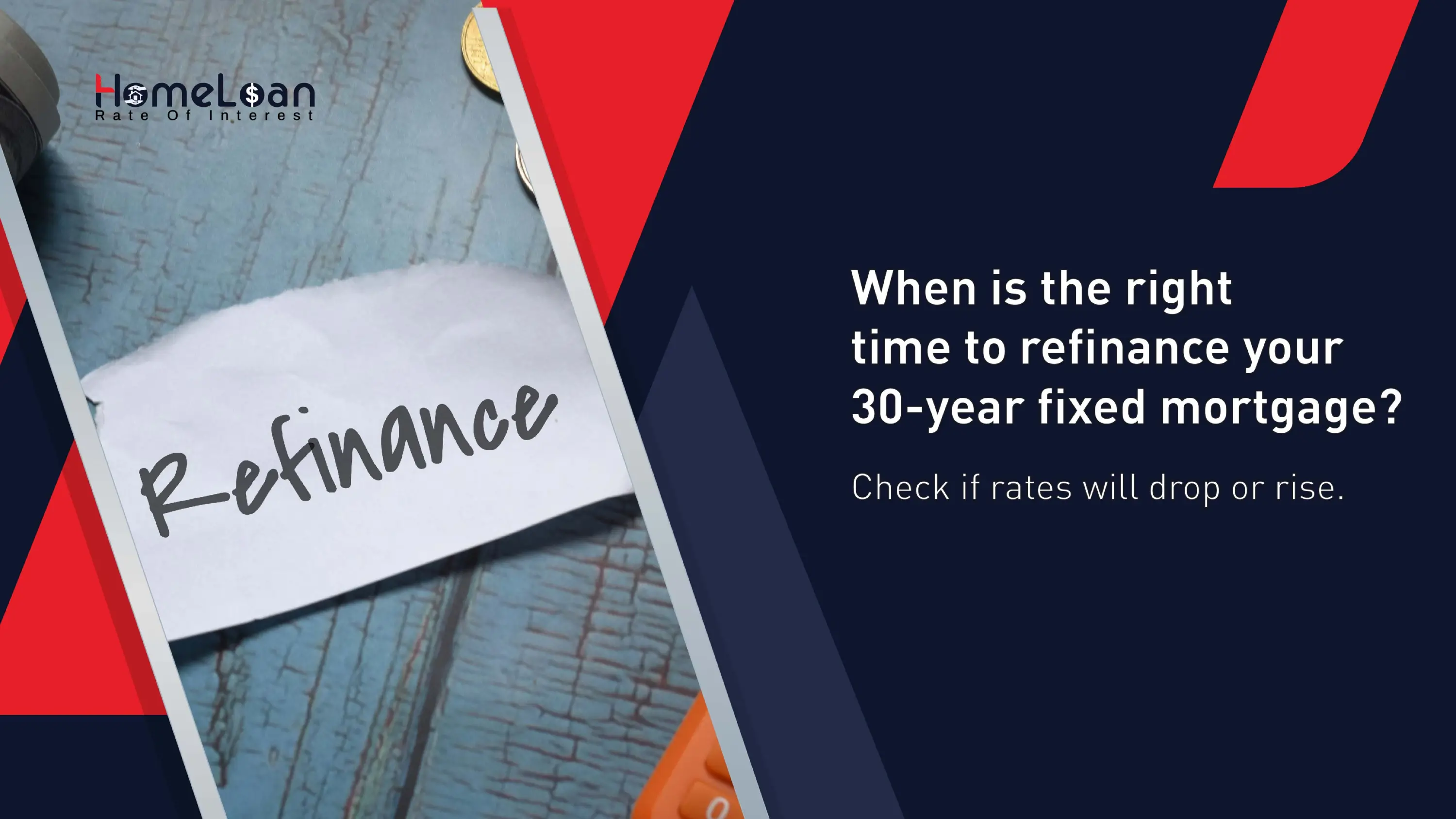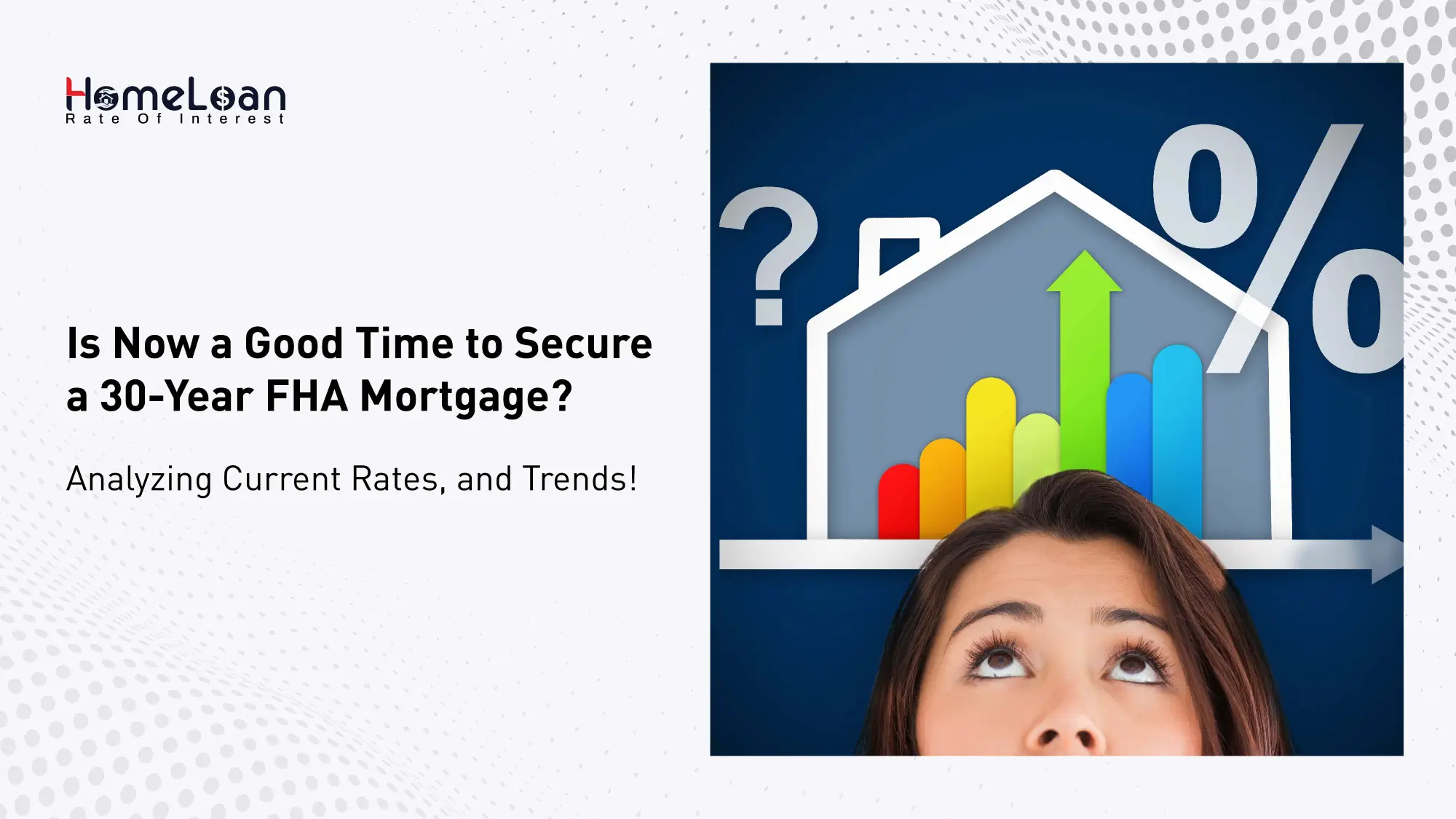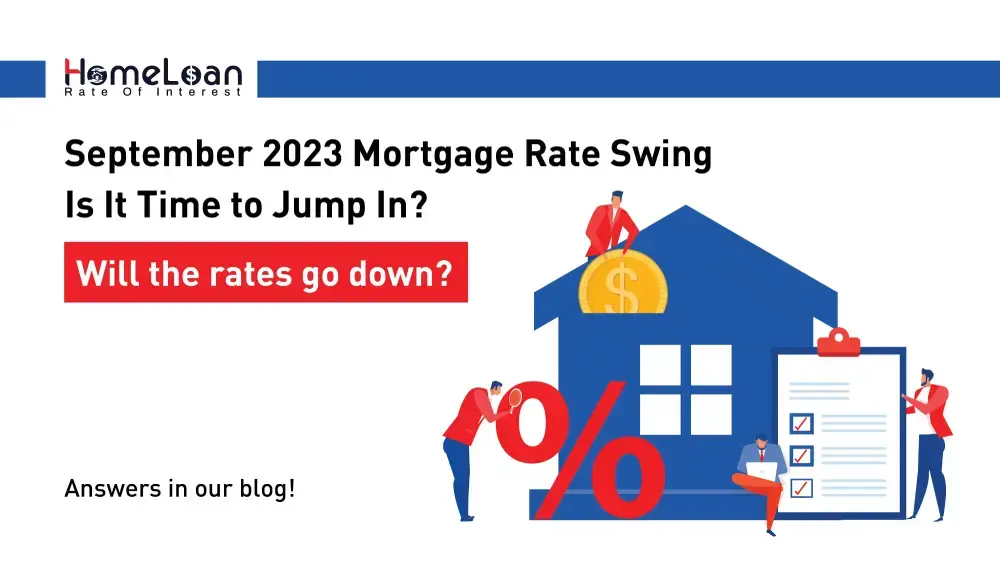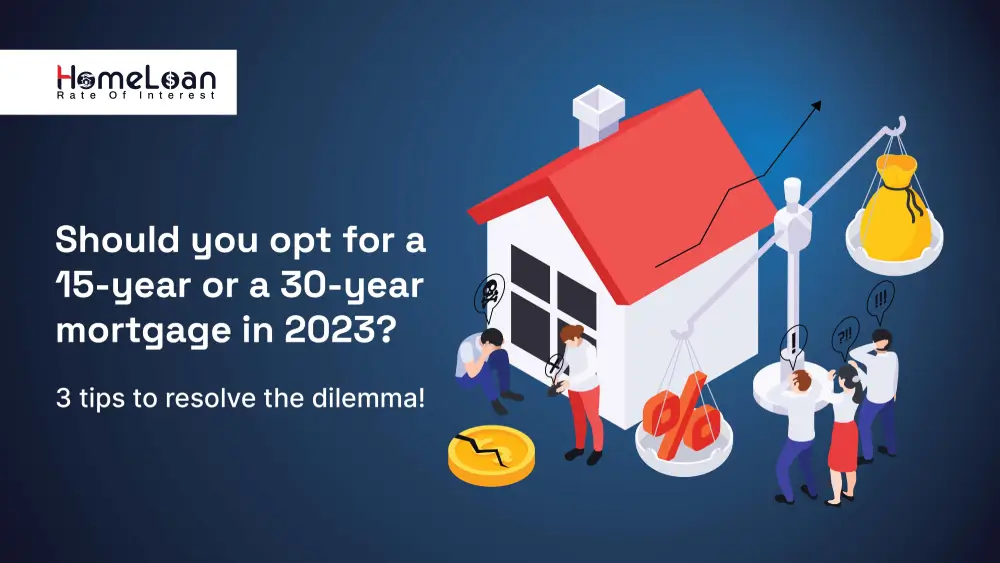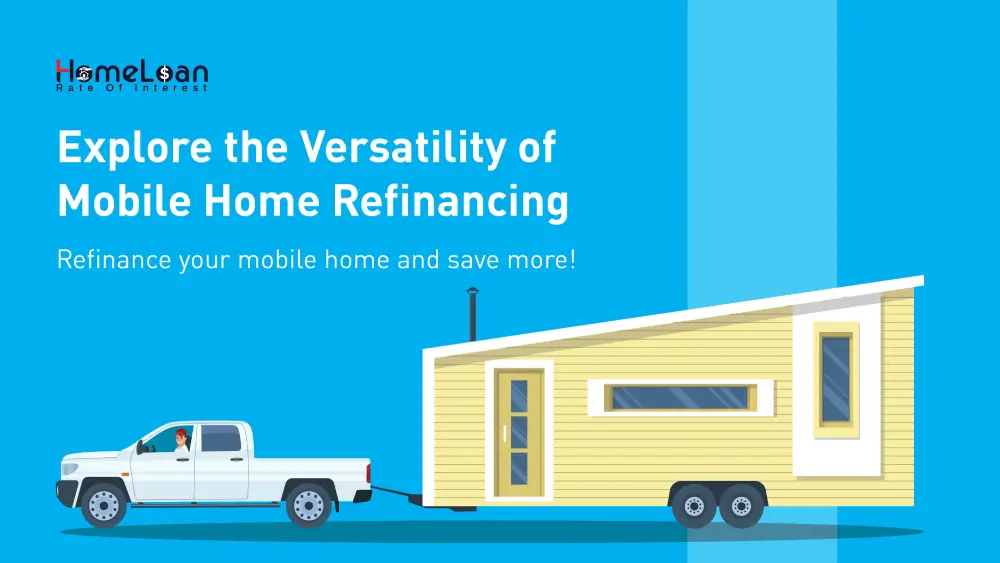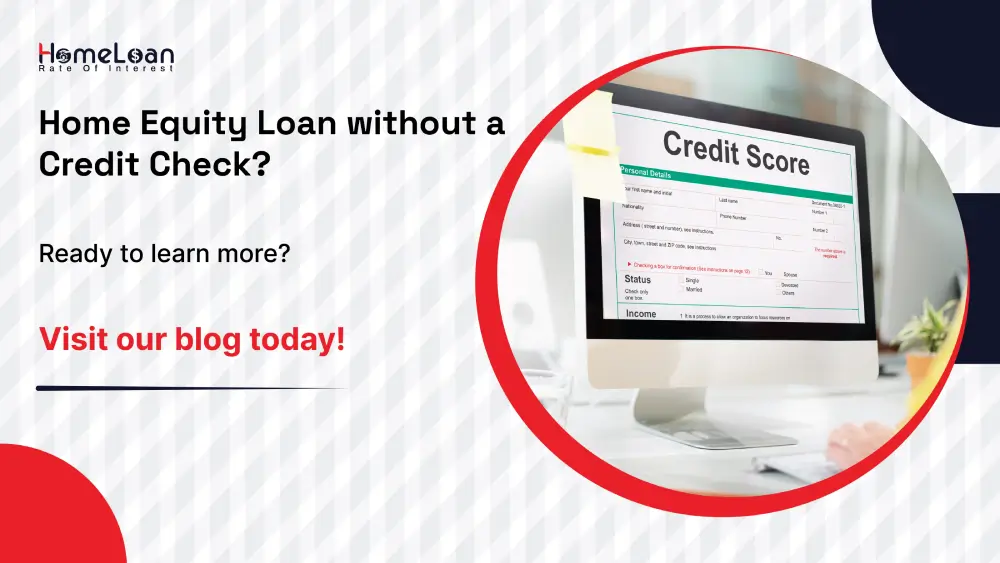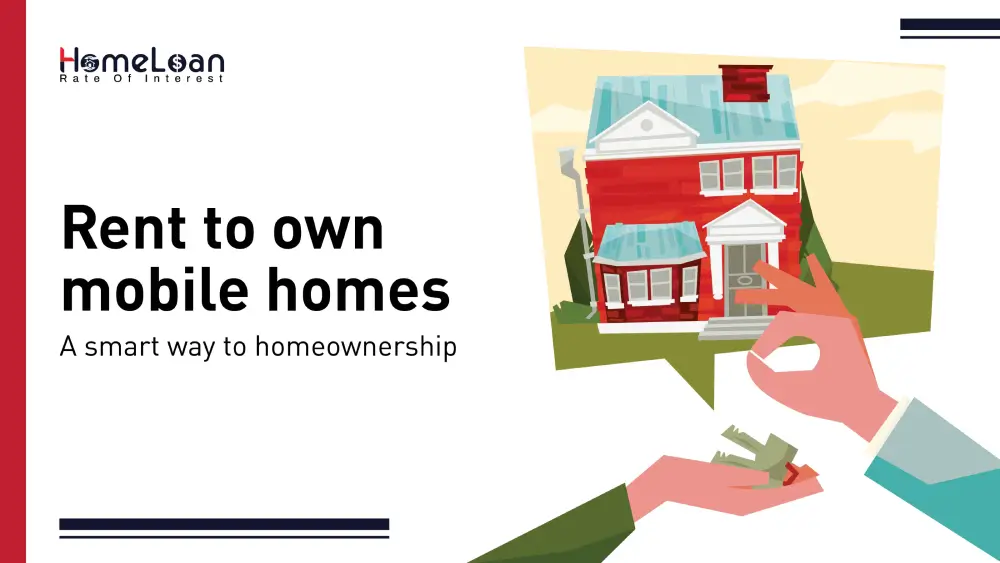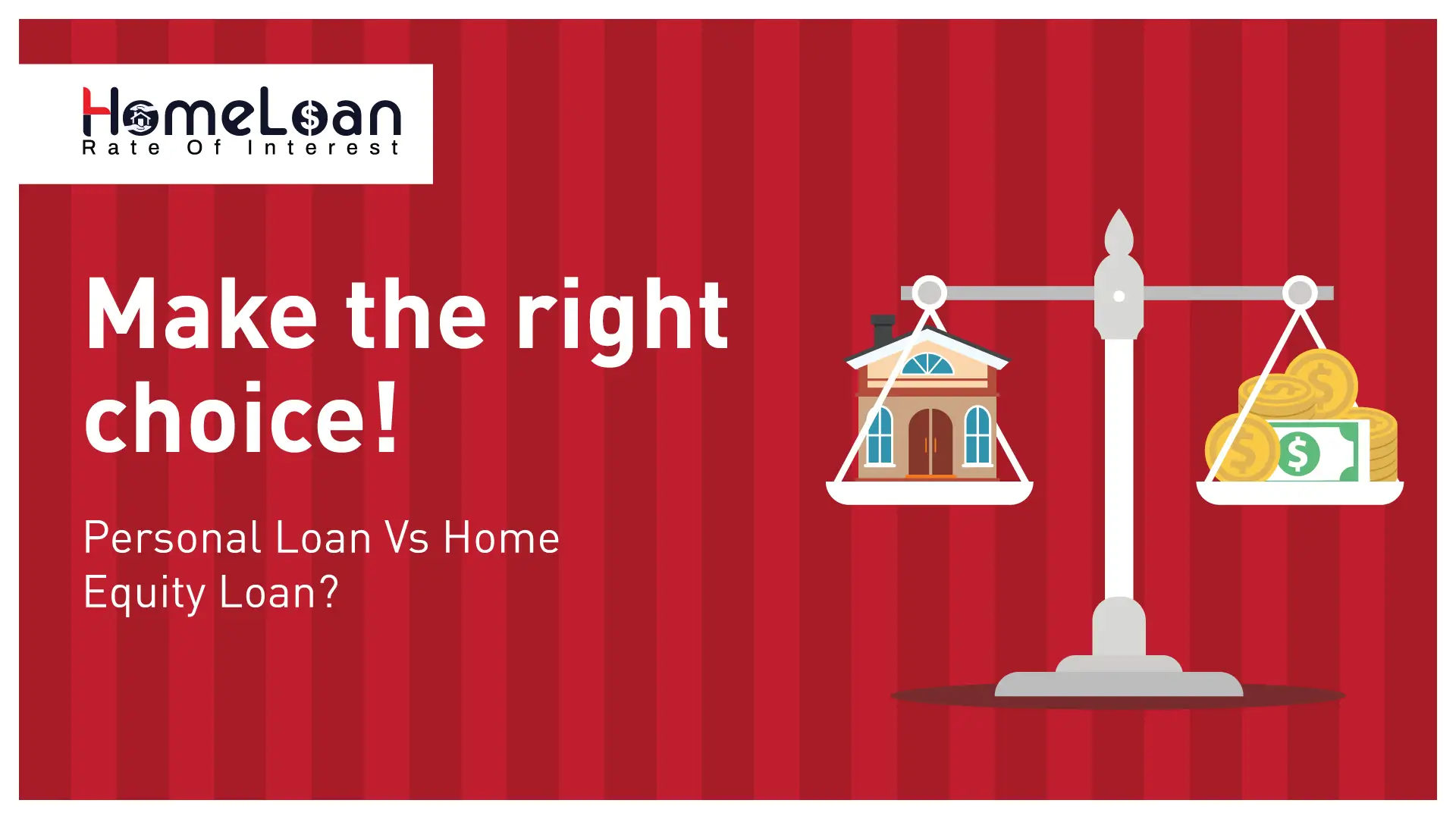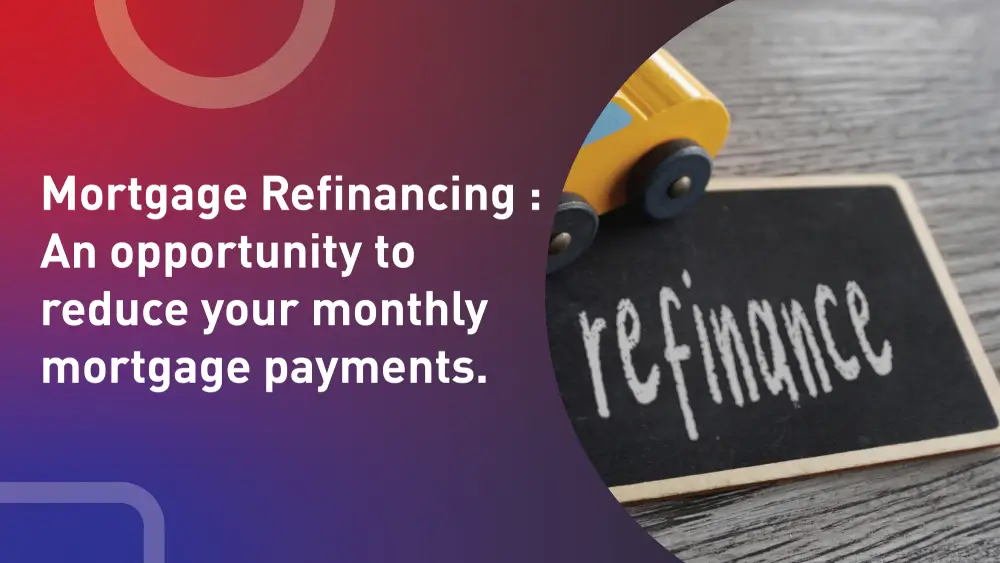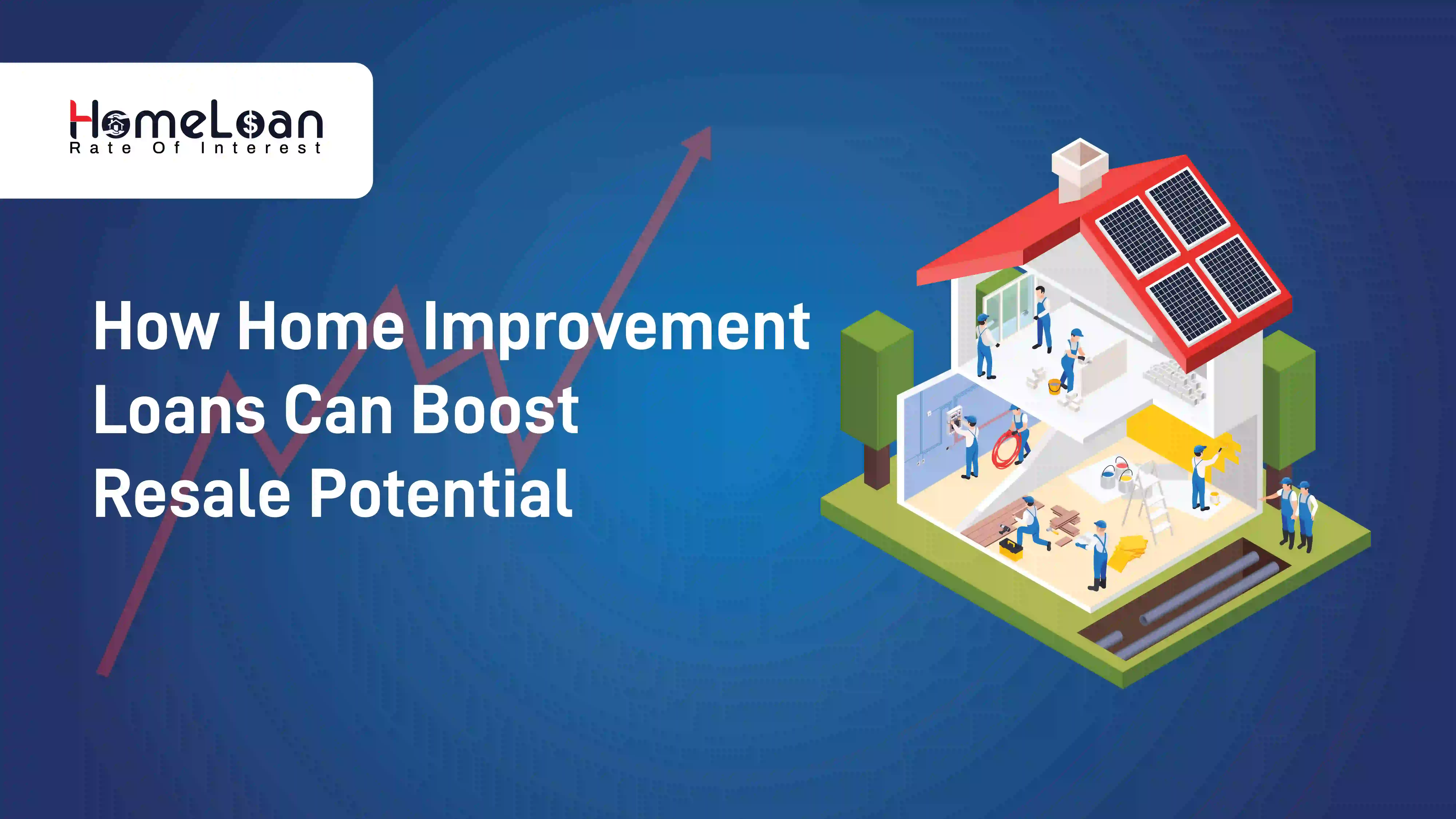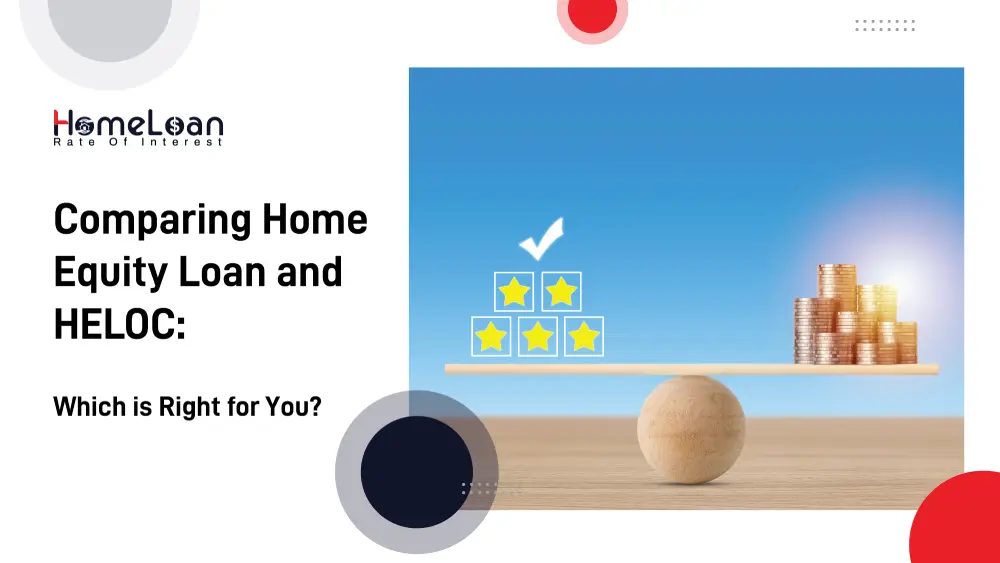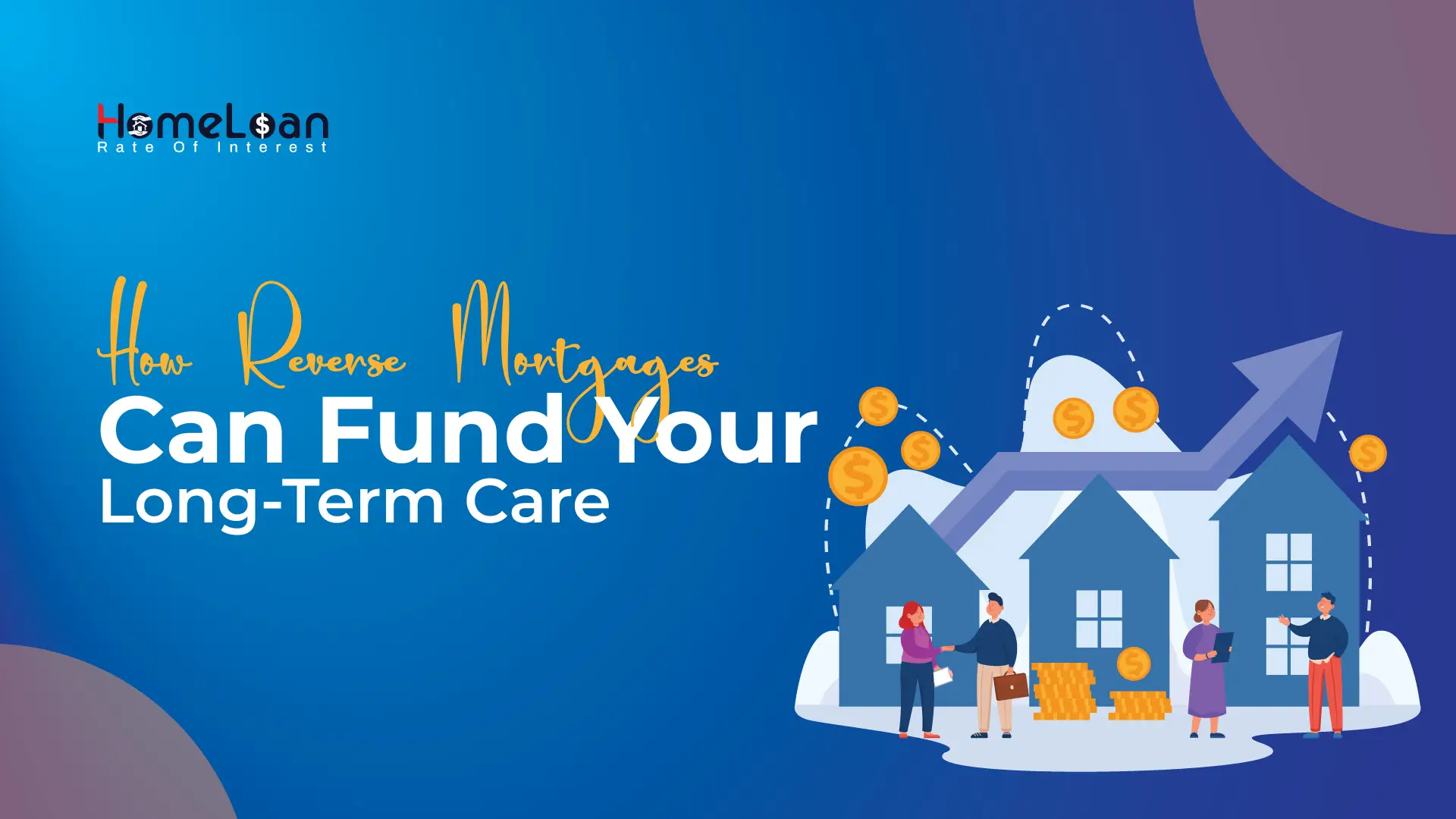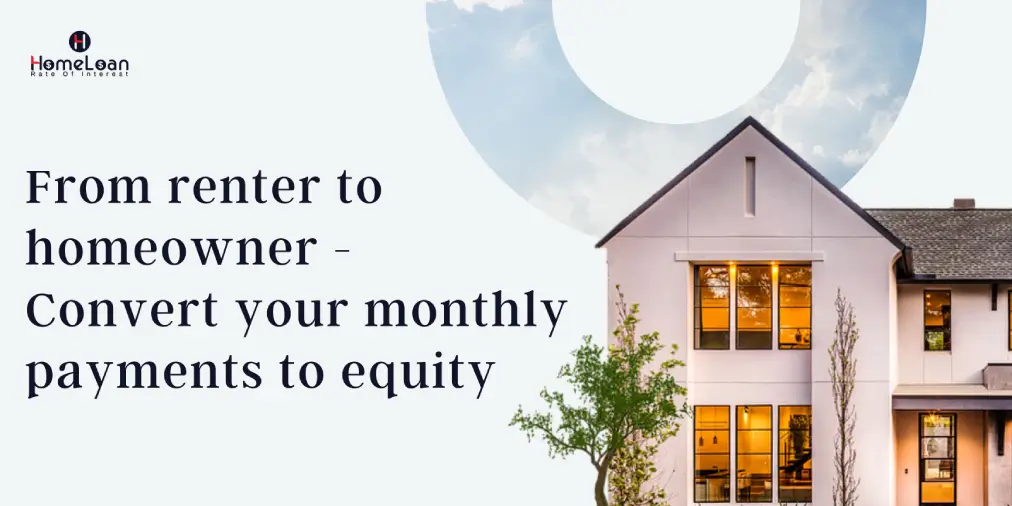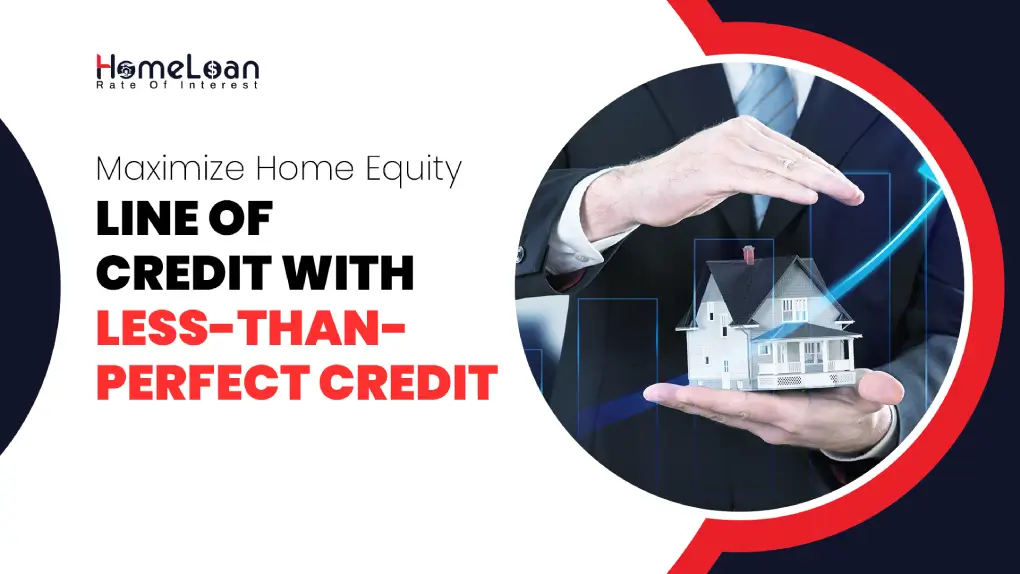
- 14 June, 2023
How Reverse Mortgages Support Seniors: Secure Your Golden Years
Exploring best reverse mortgage loans for seniors
As individuals approach their golden years, ensuring financial stability becomes increasingly important. One often overlooked avenue for achieving this stability is through reverse mortgage loans for seniors. With the potential to unlock the power of home equity, reverse mortgages offer a unique solution for senior citizens to access funds and enhance their quality of life.
In this blog post, we will explore the concept of reverse mortgage loans, highlight their benefits for seniors, and discuss how to find the best reverse mortgage option to suit individual needs and goals.
Reverse mortgage loans are specialized financial instruments designed specifically for homeowners aged 62 and above. Unlike traditional mortgages where homeowners make monthly payments to the lender, reverse mortgages allow seniors to convert a portion of their home equity into tax-free funds without the requirement of monthly repayment.
The concept behind a reverse mortgage is simple: instead of paying the lender, the lender pays the homeowner. This unique arrangement allows seniors to tap into the value they have built in their homes over the years. The loan is typically repaid when the homeowner sells the home, moves out, or passes away.
One of the most appealing aspects of reverse mortgage loans for seniors is the absence of monthly mortgage payments. Unlike traditional mortgages, which require regular repayments, reverse mortgages provide relief from that financial burden. Instead, the loan is repaid when the home is sold, allowing seniors to have more flexibility in managing their finances.
Overall, reverse mortgage loans are a valuable financial tool for seniors, offering a means to tap into home equity, supplement income, and maintain homeownership. It is important for seniors to understand the terms, requirements, and potential risks associated with reverse mortgages before making a decision. Seeking guidance from reputable lenders and certified reverse mortgage counselors can help seniors make informed choices that align with their financial goals and needs.
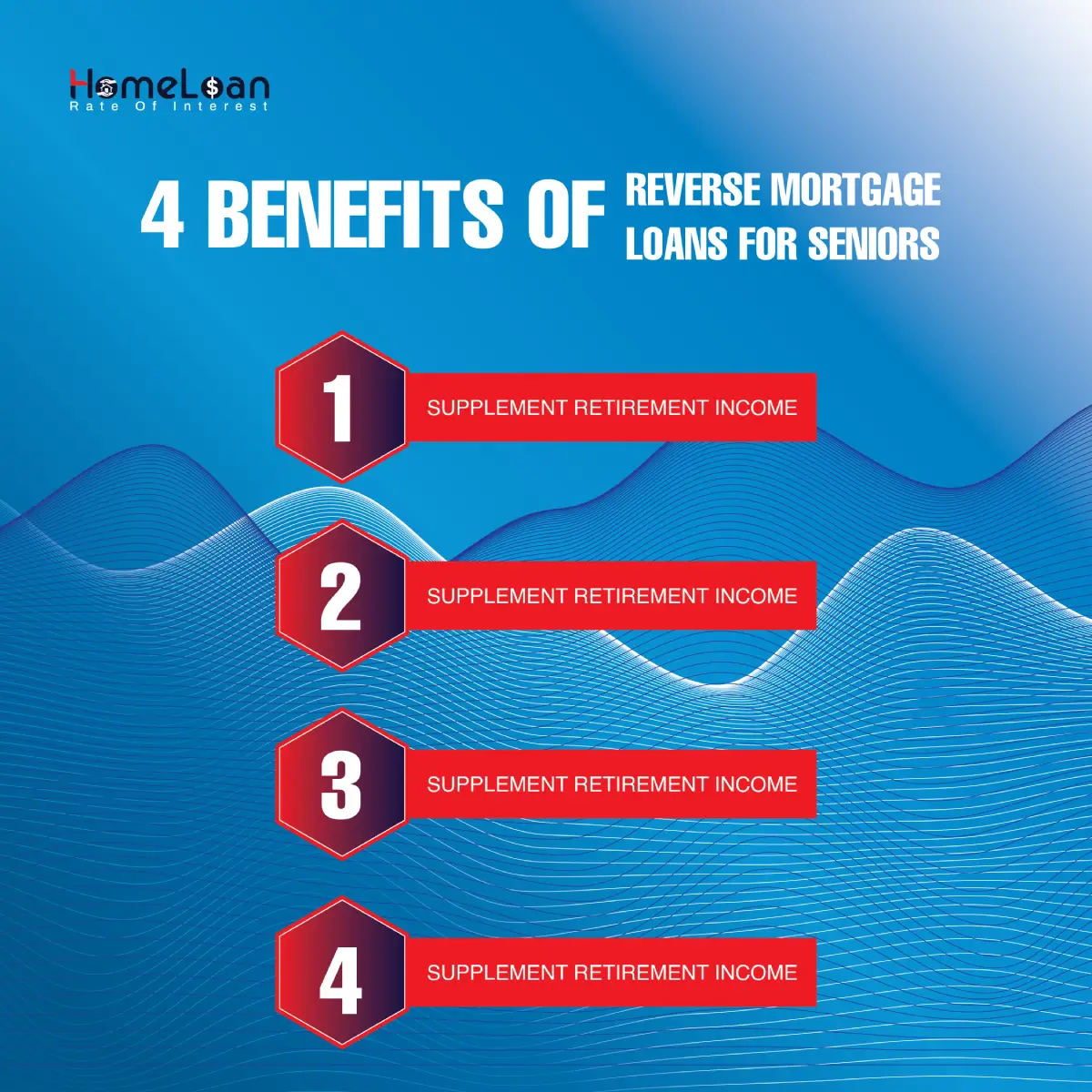
-
1) Supplement Retirement Income: Many seniors face the challenge of inadequate retirement savings. Reverse mortgage loans offer a reliable way to supplement their income by tapping into the equity they have accumulated in their homes, helping them cover living expenses, healthcare costs, and other financial obligations.
-
2) Maintain Homeownership: Reverse mortgages allow seniors to remain in their homes while still accessing the funds they need. This enables them to maintain their independence and the familiarity of their surroundings, providing a sense of security and peace of mind.
-
3) No Monthly Mortgage Payments: One of the key advantages of reverse mortgage loans is the absence of monthly repayment obligations. Instead, the loan is typically repaid when the home is sold, which eases the financial burden for seniors who may have limited incomes or face budget constraints.
-
4) Flexibility and Control: Seniors have the freedom to choose how they receive their reverse mortgage funds. Whether as a lump sum, monthly installments, or a line of credit, this flexibility allows for personalized financial planning and the ability to adapt to changing circumstances.

When considering a reverse mortgage loan, it is essential to explore different lenders and options to find the best fit for individual needs. Here are a few factors to consider:
-
1) Reputation and Experience: Look for reputable lenders with a track record of providing reverse mortgage loans to seniors. Research online reviews and check if they are members of relevant industry organizations.
-
2) Interest Rates and Fees: Compare interest rates and fees from multiple lenders to ensure you're getting the most competitive terms. Be sure to understand the costs involved, including origination fees, closing costs, and servicing fees.
-
3) Loan Limits and Eligibility: Familiarize yourself with the loan limits imposed by the Federal Housing Administration (FHA) and ensure you meet the eligibility criteria, including age requirements, property type, and occupancy rules.
-
4) Counseling and Education: Seek out reverse mortgage counseling from HUD-approved agencies to gain a comprehensive understanding of the loan process, potential risks, and alternatives. Knowledge empowers seniors to make informed decisions.
Reverse mortgage loans provide seniors with a powerful tool to unlock the value of their home equity and improve their financial security during retirement. By supplementing income, eliminating monthly mortgage payments, and offering flexibility, reverse mortgages can significantly benefit seniors. As with any financial decision, it is crucial to research and find the best reverse mortgage option tailored to individual circumstances. By understanding the potential advantages and being well-informed, seniors can make informed choices and unlock the full potential of their home equity to enjoy their golden years with peace of mind.





